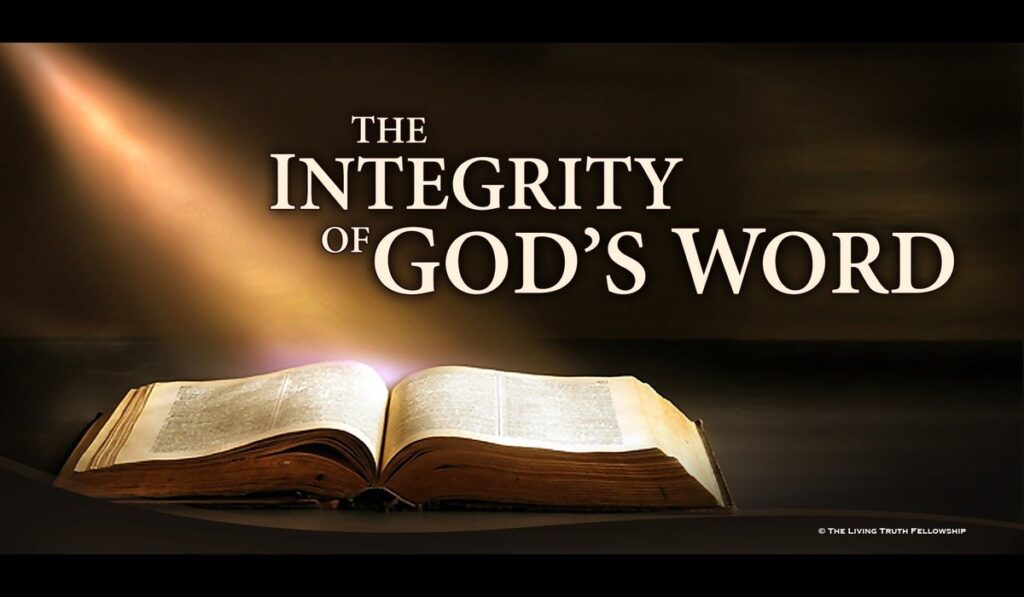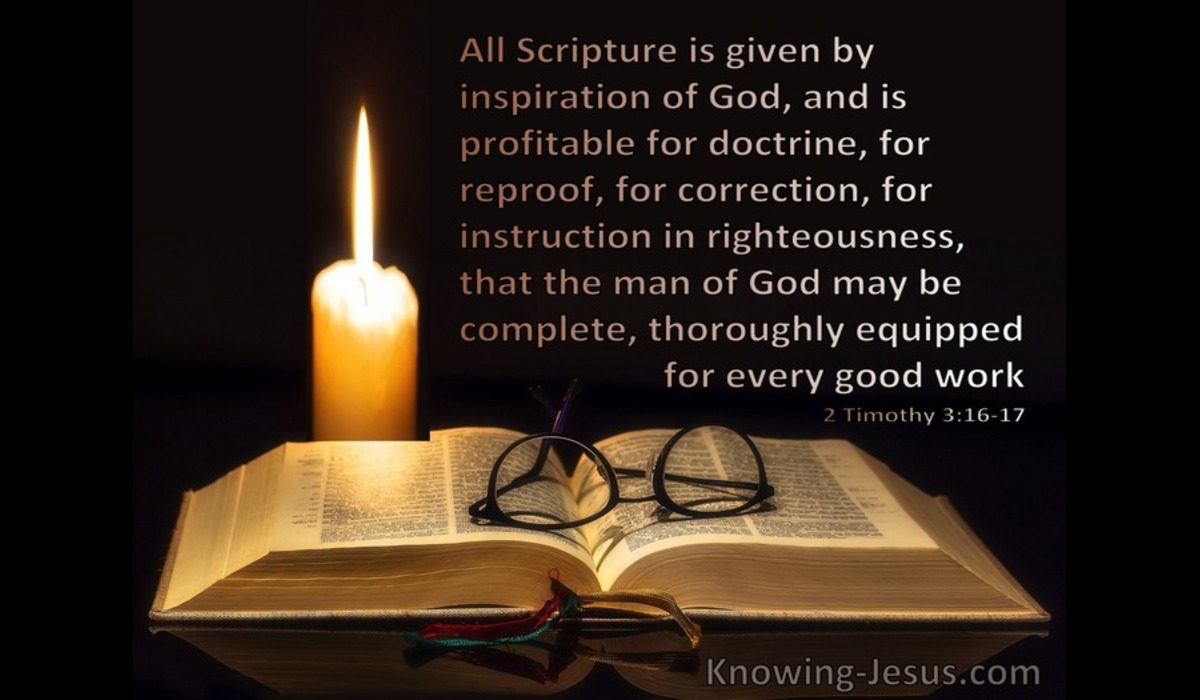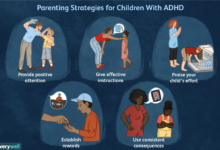Introduction to the topic of abortion and the role of religion
Welcome to a journey of exploring one of the most debated topics in society through the lens of scripture – abortion. In times of moral uncertainty, many turn to their faith for guidance and understanding. The Bible serves as a source of wisdom and comfort for millions around the world, offering insights on complex issues such as abortion. Let’s delve into what the scriptures have to say about this sensitive subject and how different interpretations shape our perspectives.
The importance of seeking guidance in scripture
In times of moral dilemmas and ethical decisions, turning to scripture can provide clarity and guidance. The importance of seeking wisdom in ancient texts lies in the timeless truths they offer. Scriptures have been revered for centuries as sources of divine inspiration, offering insights into complex issues like abortion.
By delving into verses that touch upon sensitive topics like life and morality, individuals can find solace in the words of prophets and sages who grappled with similar questions. Seeking guidance in scripture is not about finding easy answers but rather about engaging with profound teachings that challenge us to think critically and reflect deeply on our beliefs.
Through prayerful contemplation and study, one can uncover layers of meaning within sacred texts that speak directly to their hearts and minds. Scripture serves as a beacon of light in times of uncertainty, offering a moral compass to navigate through difficult choices with faith and conviction.
Biblical passages that mention abortion
When it comes to the sensitive topic of abortion, many people turn to scripture for guidance. The Bible does not explicitly mention the word “abortion,” but there are passages that touch on related themes. One such passage is Exodus 21:22-25, which discusses accidental harm to a pregnant woman resulting in injury or death.
Another passage often referenced is Psalm 139:13-16, where it speaks about being intricately woven together in the womb by God. Some interpret this as acknowledging the sanctity of life from conception.
In Jeremiah 1:5, God tells Jeremiah that He knew him before he was formed in the womb, suggesting a divine plan even before birth. These passages offer insight into different perspectives on when life begins and its value according to religious teachings.
Understanding these biblical contexts can help individuals form their own beliefs and make ethical decisions regarding abortion based on scriptural guidance.

Different interpretations of these passages
When it comes to the biblical passages that mention abortion, there are various interpretations among different religious scholars and communities. Some interpret these passages as condemning abortion outright, emphasizing the sanctity of life from conception. Others view the context of these verses within historical and cultural settings, considering factors like the status of women and medical knowledge at the time.
Interpretations also vary based on theological perspectives, with some highlighting compassion and understanding in cases where a mother’s health or life is at risk. The complexities surrounding abortion in biblical texts invite reflection and dialogue rather than definitive answers. It’s important to approach these discussions with an open mind, respecting diverse viewpoints rooted in sincere beliefs.
Exploring different interpretations can deepen our understanding of scripture and challenge us to consider the broader ethical implications of issues like abortion within a spiritual framework.
How different religious groups view abortion
Different religious groups hold varying views on abortion, reflecting their diverse beliefs and traditions. Some Christian denominations, such as Roman Catholics and Southern Baptists, oppose abortion due to their interpretation of the sanctity of life from conception. On the other hand, some liberal Protestant churches may support a woman’s right to choose based on compassion and individual autonomy.
In Judaism, opinions on abortion differ among Orthodox, Conservative, and Reform branches. While Orthodox Jewish teachings generally lean towards prohibiting abortion except in cases where the mother’s life is at risk, Conservative and Reform Jews may allow for more flexibility based on circumstances like health or well-being.
Islam also has nuanced perspectives on abortion depending on sects – with Sunni scholars typically allowing it only in critical situations like saving the mother’s life while Shia scholars might permit it under additional conditions like fetal abnormalities. Hinduism likewise presents varied viewpoints influenced by cultural practices and philosophical interpretations.
Understanding these diverse stances can offer insights into how religion shapes ethical decision-making regarding abortion within different communities worldwide.
Understanding the context of these biblical teachings
When exploring the biblical teachings on abortion, it is crucial to understand the context in which these passages were written. The cultural and historical background of ancient societies plays a significant role in interpreting these scriptures.
During biblical times, societal norms and values differed greatly from our modern perspectives. Factors such as population growth, survival rates, and religious beliefs influenced how issues like abortion were viewed.
Additionally, looking at the broader themes of compassion, justice, and respect for life throughout the Bible can provide a more nuanced understanding of its teachings on abortion. It’s essential to approach these texts with an open mind and consider them within their historical contexts.
By delving into the context surrounding biblical teachings on abortion, we can gain deeper insights into how these ancient writings may inform contemporary ethical discussions on this complex issue.
Personal beliefs and making ethical decisions
When it comes to personal beliefs and making ethical decisions, each individual faces a unique journey. Delving into the depths of scripture can offer guidance, but ultimately, it is up to us to interpret and apply these teachings in our lives.
Abortion is a complex topic that stirs strong emotions and moral dilemmas. Some may find clarity in their religious convictions, while others may grapple with conflicting views within their faith community.
It’s crucial to reflect on our own values, experiences, and conscience when navigating such sensitive issues. Seeking wisdom from trusted sources and engaging in dialogue can also aid in forming well-informed decisions.
In the end, ethical choices are deeply personal and often require introspection, empathy towards differing perspectives, and a willingness to embrace uncertainty. As we navigate this intricate terrain, let compassion guide our hearts as we strive for understanding amidst the complexities of life’s toughest decisions.
Conclusion: Finding your own path with guidance from scripture
Finding your own path with guidance from scripture is a deeply personal journey that requires introspection, prayer, and seeking wisdom. As you navigate the complex topic of abortion through the lens of biblical teachings, remember to approach it with humility and empathy for differing perspectives. Drawing upon the wisdom found in scripture can help you make informed ethical decisions that align with your beliefs and values. Trust in your faith to guide you as you seek understanding and clarity on this challenging issue.




